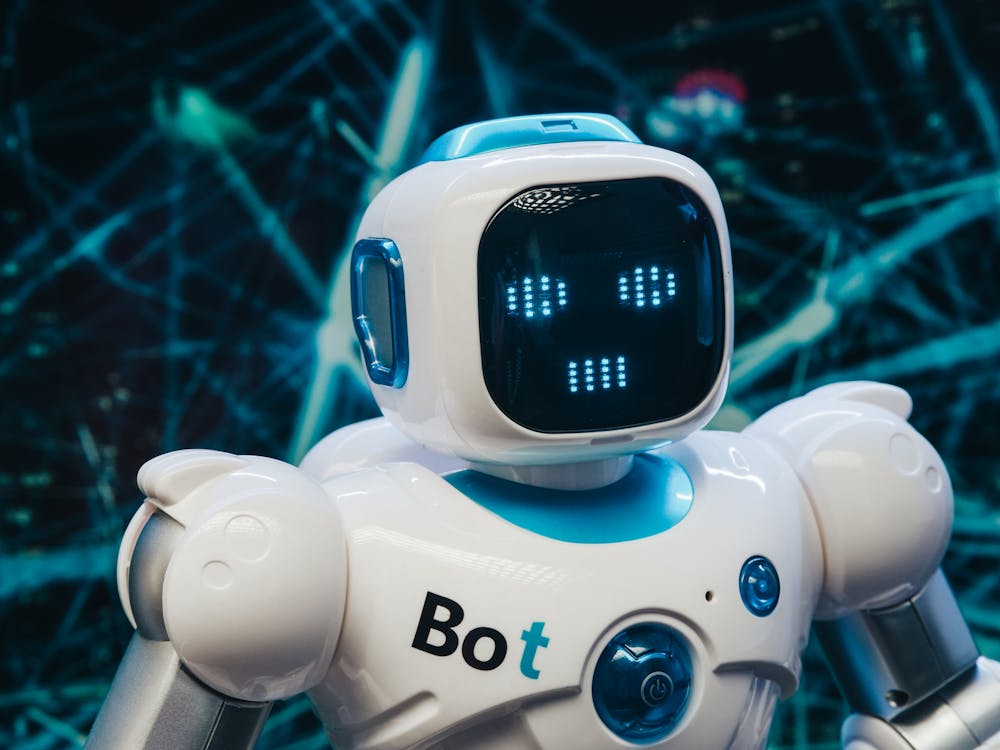"The Future of AI: How Artificial Intelligence Will Transform Our Lives by 2030"
Artificial Intelligence (AI) is rapidly evolving, promising to reshape various aspects of our lives. This article explores the potential changes and innovations AI could bring by 2030.
Artificial Intelligence is not just a buzzword; it's a transformative technology that will redefine many aspects of our daily lives by 2030. From healthcare to transportation, AI's impact will be profound and far-reaching.

Healthcare:
AI-driven diagnostics and personalized treatment plans. AI can analyze vast amounts of medical data to provide accurate diagnostics and suggest personalized treatment plans. It can predict health issues before they become critical, improving patient outcomes and reducing healthcare costs.
Education:
Personalized learning experiences and AI tutors. AI can offer tailored educational content to meet individual learning needs, making education more accessible and effective. AI tutors can provide additional support to students, enhancing their learning experience and outcomes.
Transportation:
Autonomous vehicles and smarter traffic management. Self-driving cars will revolutionize transportation, reducing accidents and traffic congestion. AI can also optimize traffic flow in cities, leading to more efficient and environmentally friendly transportation systems.
Workplace:
AI-powered productivity tools and job automation. AI can automate repetitive tasks, allowing employees to focus on more complex and creative work. Productivity tools powered by AI can enhance collaboration, streamline workflows, and increase overall efficiency.
Home Life:
Smart homes with AI assistants. AI-powered home assistants can manage household tasks, control smart appliances, and provide personalized recommendations. They can make daily life more convenient, energy-efficient, and enjoyable.
Entertainment:
AI-generated content and immersive experiences. AI can create personalized entertainment experiences, from recommending movies and music to generating content tailored to individual preferences. Virtual reality powered by AI can provide immersive experiences like never before.
Environment:
AI for climate change predictions and sustainable practices. AI can analyze environmental data to predict climate changes and suggest sustainable practices. It can optimize resource usage, reduce waste, and promote eco-friendly technologies.
Finance:
Enhanced fraud detection and personalized financial advice. AI can detect fraudulent activities with high accuracy and provide personalized financial advice based on individual spending habits and financial goals. It can also automate trading and investment strategies.
Retail:
AI in supply chain management and personalized shopping. AI can optimize supply chains, reducing costs and improving efficiency. It can also provide personalized shopping experiences by analyzing customer data and preferences, enhancing customer satisfaction.
Security:
Advanced AI for cybersecurity and surveillance. AI can identify and respond to cyber threats in real-time, enhancing security measures. It can also improve surveillance systems, ensuring public safety and preventing crime.
By 2030, AI will have a transformative impact on numerous industries and aspects of our daily lives, making them more efficient, personalized, and secure. Embracing AI's potential can lead to unprecedented advancements and opportunities for growth and innovation.

 Cricket Score Counter
Cricket Score Counter Heads or Tails
Heads or Tails
You have not logged in, please Login to comment.